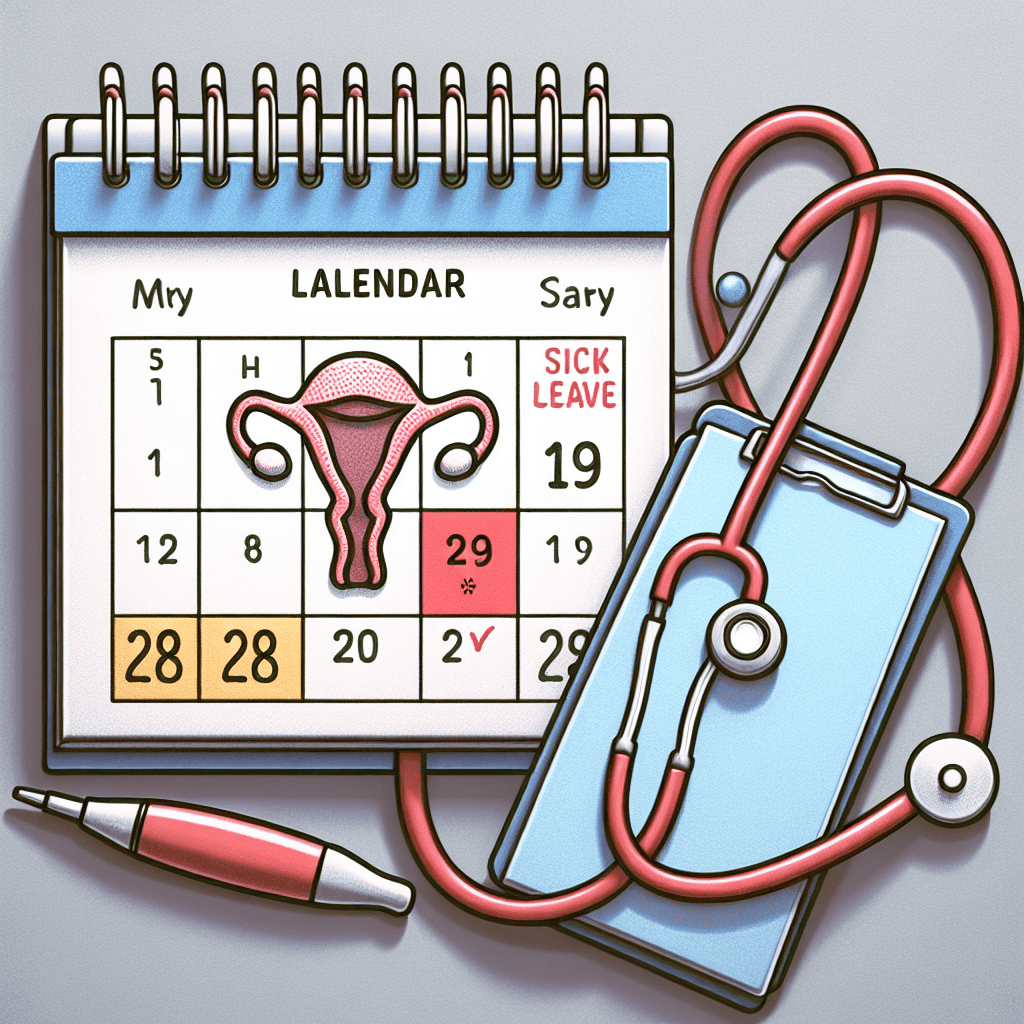During a recent public consultation at the Tanoa International Hotel in Nadi, Felix Anthony, the General Secretary of the National Union of Workers, advocated for menstrual leave to be classified separately from sick leave. This discussion emerged as part of ongoing consultations concerning proposed amendments to the Employment Relations Act 2007 and the Work Care Bill 2024.
Anthony’s comments were in response to a proposed amendment that would permit women to use three of their ten sick leave days for severe menstrual pain. He argued, “Menstruation is not a sickness, as we know,” emphasizing that a distinct leave category should be established specifically for menstrual-related needs. He urged the ministry to reconsider this approach, highlighting a growing recognition of menstrual health as a significant issue in the workplace.
The consultation also addressed family care leave. Anthony noted that prior to the pandemic, workers had access to five days of family care leave, which was temporarily reduced to one day during COVID-19. Under the proposed amendments, the ministry aims to reinstate three days of family care leave. Anthony viewed this as a positive initial step, advocating for the eventual return to the previous five-day allowance.
In further remarks about maternity protection, Anthony pointed out critical gaps in existing laws aimed at safeguarding women’s rights upon returning from maternity leave. He insisted that legislation should guarantee women do not face disadvantages, such as job loss or diminished benefits, upon resuming their roles. Acting Permanent Secretary for Employment, Productivity, and Industrial Relations, Atish Kumar, responded by affirming that current laws ensure women are entitled to return to their previous roles without loss of pay or status.
The public’s engagement during these consultations indicates an increased awareness and advocacy for improved labor rights in Fiji. As discussions unfold, there is a hopeful outlook that these amendments will enhance support for workers, particularly women, and advance a healthier work environment.
Overall, these legislative proposals represent a significant step toward recognizing and addressing essential health and family-related needs within the workforce. As consultations continue, there is optimism that positive reforms will materialize, fostering a supportive environment for all workers in Fiji.

Leave a comment